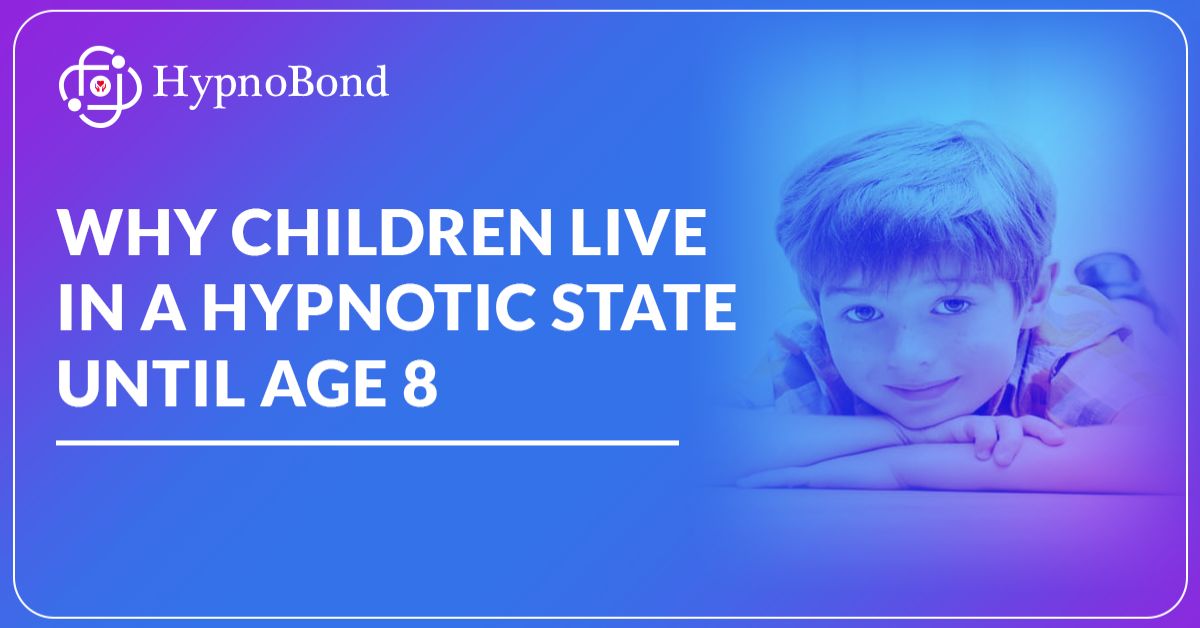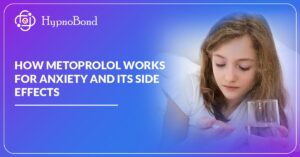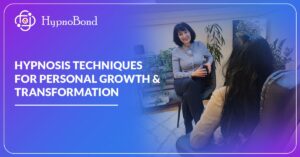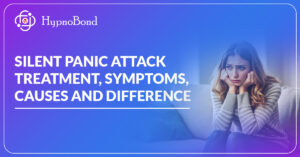Children in a hypnotic state until age 8 absorb everything around them like sponges, without filters or critical thinking. During this formative window, their subconscious minds are wide open, imprinting belief systems, behaviours, and emotional patterns that often shape their adult lives. Understanding this developmental phase offers powerful insight into how childhood shapes adulthood and influences lifelong mental and emotional health.
Your first hypnotist wasn’t a therapist—it was your childhood.
As a hypnotherapist, I don’t implant thoughts; I help you unearth the ones you didn’t know were planted long ago. Have you ever wondered:
- Why are children so impressionable?
- Why do they seem to absorb everything around them?
- Why can a single sentence leave a lasting mark on their emotional health?
The answer lies in neuroscience. Children in a hypnotic state experience heightened suggestibility during early childhood, profoundly shaping their inner world. This developmental stage isn’t just about absorbing knowledge; it’s about internalizing emotional experiences, relationships, and subconscious programming that will influence behavior for a lifetime.

The Brain’s Early Programming: Theta Waves and Suggestibility
From birth to age 8, children’s brains operate primarily in theta brain waves, a frequency linked to imagination, emotional insight, and high receptivity. In this hypnotic state, children are primed to learn rapidly, absorb language, mimic social cues, and unconsciously adopt the emotional patterns of their environment.
This stage of early childhood brain development is not passive. It’s where subconscious programming in childhood takes place, deeply shaping how safe, loved, or worthy a child feels. A parent once shared:
“I said she was ‘too much’ during a tantrum. She stopped crying, but now at 24, she still apologizes when upset.”
During the theta-dominant years, one passing comment became a lifelong emotional reflex. This is how childhood belief systems are easily formed, often without conscious awareness.
Moreover, studies show that elevated theta activity in children is tied to creativity and emotional insight and can also predict cognitive outcomes like IQ. This highlights how foundational these years are for early childhood brain development.
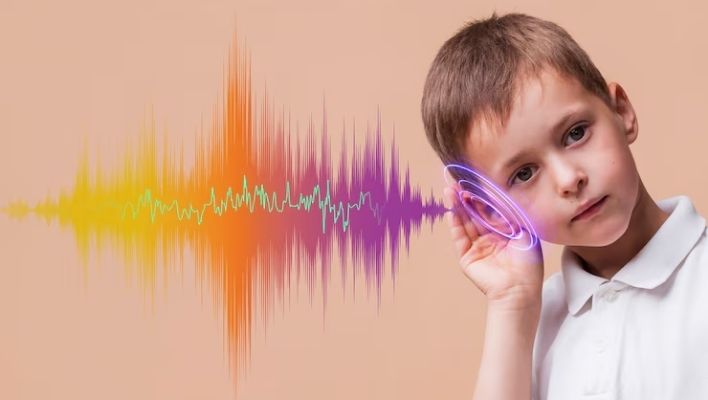
Read More: The Science Behind Hypnosis for Intrusive Thoughts
Why Early Programming Matters: The Subconscious and Mental Health
Dr. Bruce Lipton, a leader in epigenetics, explains that children in this stage cannot critically evaluate information; they take everything as truth. Simple phrases like “You’re too sensitive” or “You’ll never be good at this” embed into the subconscious, forming the emotional scaffolding for adult identity.
Research suggests that up to 95% of adult behaviors are driven by subconscious patterns formed in childhood. That’s why the impact of childhood trauma on adults is so profound—it’s not just memory, but embedded emotional coding.
These subconscious scripts dictate how we relate to love, success, safety, and even how we self-soothe. And without intervention, we live these patterns out on loop—often without knowing we’re doing so.
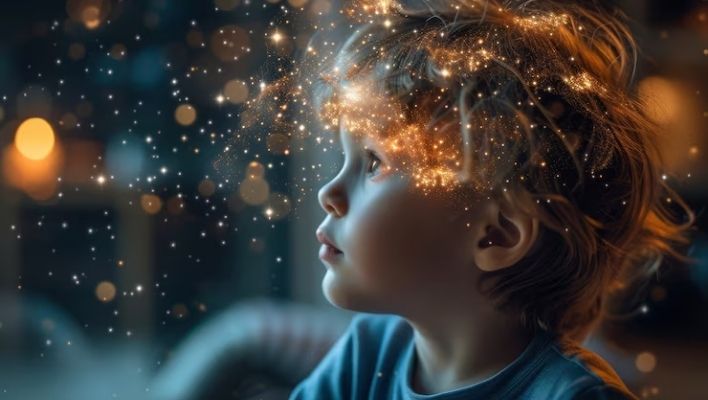
Rewriting the Script: The Power of Neuroplasticity
The good news? Our brains are changeable. Neuroplasticity and healing allow us to rewire these deep-rooted beliefs. The subconscious mind can be accessed and reshaped through modalities like hypnotherapy for childhood trauma, cognitive-behavioural therapy, and art-based practices.
At HypnoBond, we blend these tools to help clients reconnect with and reframe early experiences. One CEO client drew a childhood scene in a session and reflected, “I didn’t realize I’m still trying to earn love the way I did when I was six.” That moment allowed him to reprogram his subconscious mind, letting go of the inherited belief he had to perform to feel lovable.
Healing happens when awareness meets compassion, and the old script loses its grip.
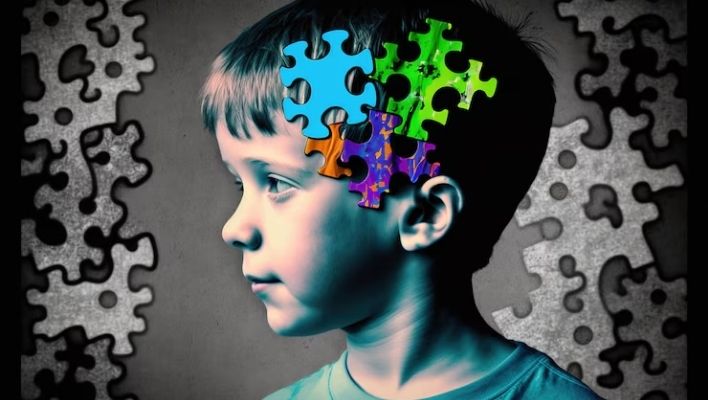
The Inheritance of Emotional Pain: Understanding Generational Trauma
What we don’t heal, we often pass down.
Emotional inheritance trauma is real. Epigenetic research shows that unhealed trauma can alter gene expression, meaning your emotional wounds could shape your children’s stress responses. This isn’t just theory; descendants of Holocaust survivors and war veterans often show altered cortisol levels, anxiety patterns, and heightened reactivity.
So many of us carry pain that isn’t ours but lives in our reactions, relationships, and parenting. Understanding this helps us approach ourselves—and our lineage—with more grace.

Rewriting the Narrative for Our Children
We can disrupt these cycles as parents, caregivers, and conscious adults. By becoming more aware of how we speak, regulate emotions, and model self-worth, we create a healthier emotional environment for the next generation.
Ask yourself:
- What did I believe about love, safety, and success growing up?
- Are those beliefs still serving me?
- What emotional legacy am I passing on?
Healing is not about forgetting. It’s about reclaiming our inner child and sculpting a new story. Like a potter reshaping clay, we can transform what was once unconscious into something intentional, loving, and whole.

Why HypnoBond is the Circle Breaker You Need
Unresolved emotional loops don’t end with you—they echo into future generations. But they don’t have to.
At HypnoBond, we help you break the cycle by combining hypnotherapy, CBT, and therapeutic art. Our unique approach accesses the subconscious, heals inherited stories, and lays the foundation for lasting change.
You don’t have to keep carrying what was never yours.
Children in a hypnotic state absorb everything—words, emotions, and energies. The same is true for the child you once were. It’s time to return with love and courage and restore that younger self.
Read More: 7 Ways HypnoBond Supports Emotional Healing For High Achievers

